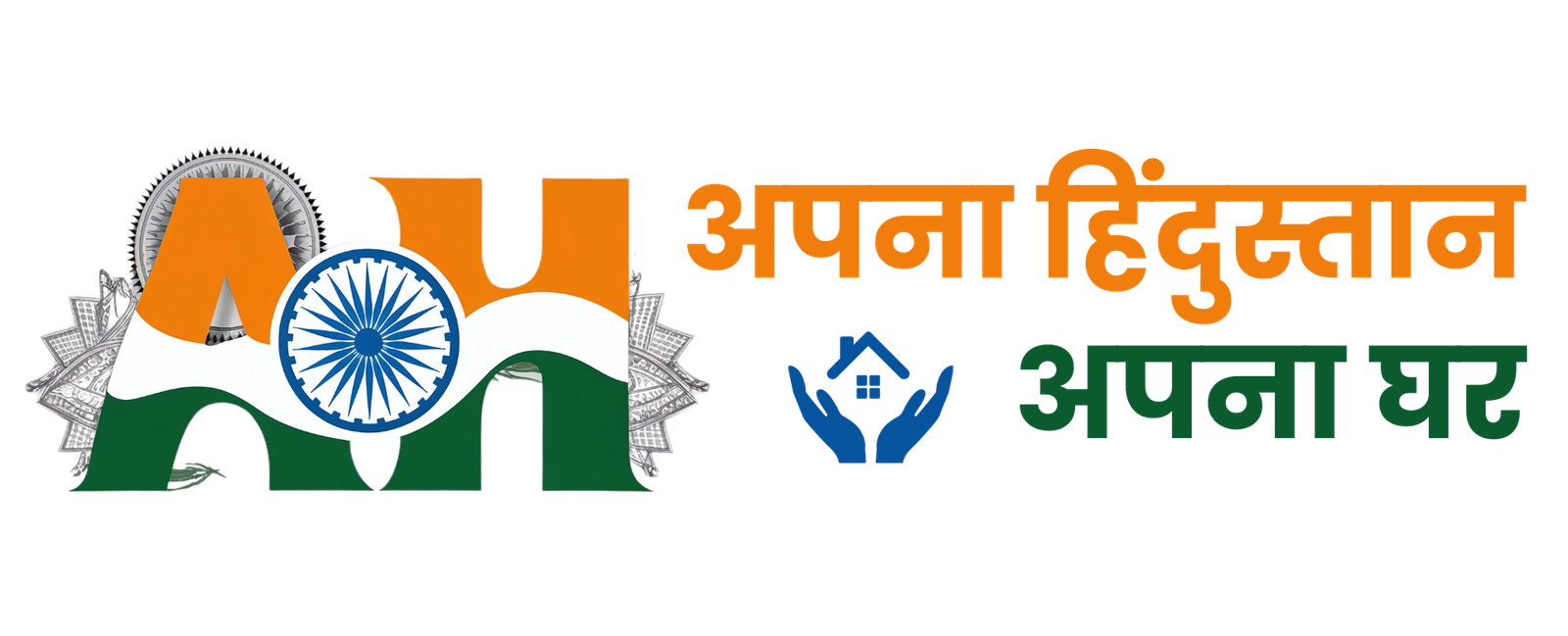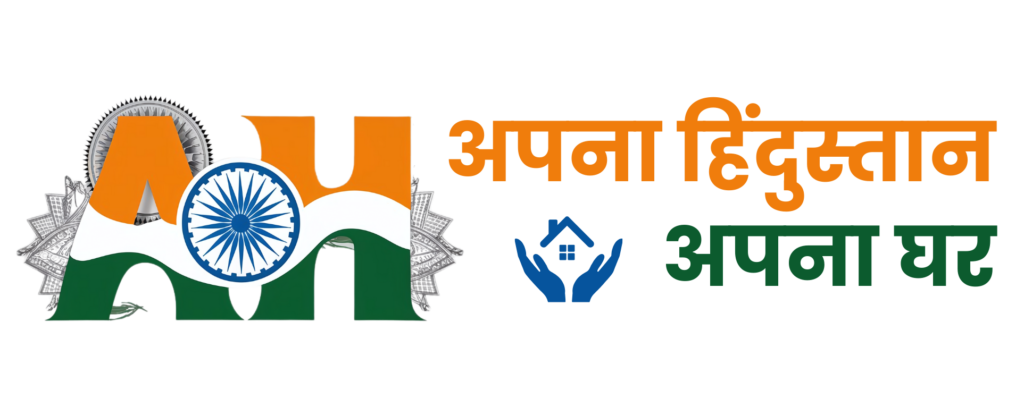Help For Water
“Help for Humanity” by Apna Hindustan, Apna Ghar is dedicated to uplifting and transforming lives through a wide array of compassionate initiatives. We provide immediate disaster relief, ensuring communities have the support they need during crises. Our healthcare services offer free or affordable medical care, health camps, and essential medications to underserved populations. We combat hunger through nutritious meal distribution and address clean water needs with purification systems and safe water access projects. Our shelter programs provide homes for the homeless, while our elder care initiatives ensure that the elderly live with dignity and support. We protect and educate children, empower women through education and vocational training, and offer mental health services to those in need. Through community development, legal aid, environmental conservation, and employment assistance, we strive to create a more just and humane society. Your donations help us make a significant impact on the lives of the poor, abused, and helpless, spreading hope and creating lasting change.
- Clean Water Access: Installing wells, boreholes, and hand pumps to provide communities with access to safe drinking water.
- Water Purification: Distributing water purification systems and filters to ensure clean water for households.
- Rainwater Harvesting: Implementing rainwater harvesting systems to collect and store rainwater for use during dry periods.
- Sanitation Projects: Building and upgrading sanitation facilities to prevent water contamination and promote hygiene.
- Community Education: Conducting workshops and awareness programs on the importance of clean water and proper sanitation practices.
- Water Conservation: Promoting water-saving techniques and efficient water use in households and communities.
- Irrigation Support: Providing irrigation solutions to help farmers access water for agriculture, improving food security.
- Emergency Water Relief: Supplying clean water to areas affected by natural disasters or water shortages.
- Water Testing: Regularly testing water sources for contaminants to ensure ongoing safety and quality.
- Infrastructure Development: Building and maintaining water infrastructure, such as pipelines and storage tanks.
- Partnerships: Collaborating with local governments and organizations to enhance water accessibility and sustainability.
- Sustainable Practices: Encouraging environmentally friendly practices to protect water sources and ecosystems.
- Health Impact: Reducing waterborne diseases through improved water quality and sanitation measures.
- Monitoring and Evaluation: Regularly assessing the impact of water projects to ensure effectiveness and sustainability.
- Volunteering Opportunities: Engaging volunteers in water-related projects and community outreach efforts.

